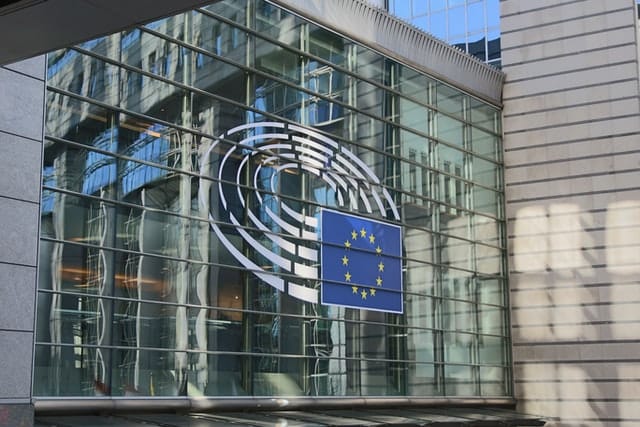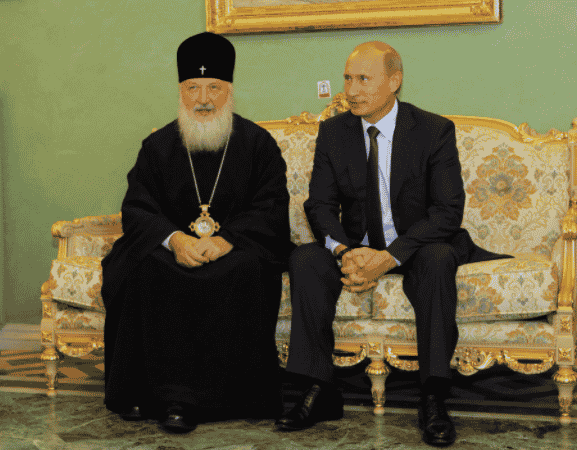Hungary’s Prime Minister Viktor Orbán was elected for a fourth consecutive term this year, cementing his status as the EU’s longest-serving leader. But he’s far from sympathetic to the Union’s progressive goals. Instead, he’s spent his last 12 years in power chipping away at Hungary’s democratic rights, and used the pandemic and the war in Ukraine as political sledgehammers.
Orbán’s rhetoric and policies have come to be known as a particular brand of ‘illiberal democracy’. He’s targeted freedom of expression, independent reporting, asylum seekers and LGBTQ+ activists, among other sectors.
For a long time, the EU was relatively tolerant of Orbán’s blatant flouting of democratic rule of law. But Orbán’s increasingly flammable behaviour soon forced their hand.
The EU’s Attempts to Curb Orbán
The European Commission announced in April they would investigate accusations of ‘continuous breaches’ of anti-corruption regulations – a process which could result in withheld funds. Unfortunately, the outlook for this action doesn’t have the best precedent.
It was in 2018 that the EU first voted to pursue disciplinary action against Hungary, under Article 7 of the EU treaty. Article 7 is designed to protect the Union’s fundamental values, and if engaged successfully, could lead to a member country losing their voting rights. EU members argued Orbán’s administration had compromised Hungary’s judicial independence and freedom of expression, targeted minority and migrant rights, and engaged in corruption.
However, no concrete punishment has emerged from the drawn-out proceedings – four years later. It doesn’t bode well for any future attempts at bringing Orbán in line.

In the meantime, he’s ramped up his campaign.
State of Emergency – Hungary’s New Normal?
During the COVID pandemic, Orbán announced a state of emergency, with expanded governmental powers. His party then used these powers to hand down harsh restrictions, clearly weaponised as tools to curb political dissent.
Citizens could be punished – fined or even imprisoned – for disseminating false information ‘capable of obstructing the efficiency of protection efforts’: a deliberately vague definition used to restrict freedom of speech. Independent press were also prevented from reporting on the pandemic from hospitals – a similarly abused mandate.
While most countries banned or restricted gatherings under COVID to limit transmission, the Orbán administration manipulated the use of their bans to target political opposition. A neo-Nazi rally held in a public square in 2020, that didn’t follow COVID precautions, went ahead without any police interference. But protesters attending a ‘car-in’, opposing undemocratic emergency restrictions, were fined heavily, despite remaining socially distanced in their cars.
Hungary has been one of the major hosts to Ukrainian refugees fleeing the war. But Orbán has used the conflict to play off the EU against Russia and come out with concessions from both sides. Hungary was granted a loophole in the EU’s recent Russian oil ban, allowing them to continue Putin’s oil for a ‘temporary’ period. If anything interrupts the pipeline flow, EU members will supplement the flow.

In fact, Orbán has been able to take advantage of the war in Ukraine both abroad and at home.
The Hungarian government announced a second extraordinary state of emergency late last month – citing the war in Ukraine. This declaration came after parliament had passed a constitutional amendment allowing for legal states of emergency to be declared when armed conflicts, wars or humanitarian disasters were taking place in neighbouring countries. No doubt we’ll see an expansion of Orbán’s misconduct.
Follow Maddie’s journalism on Twitter.
Cover: Viktor Orbán in 2018, licensed under the Creative Commons Attribution 2.0 Generic license.
Photo of patriarch Kirill and President Vladimir Putin by Press service of the government of Russia is licensed under CC BY 4.0.
Sign Up To Our Free Newsletter